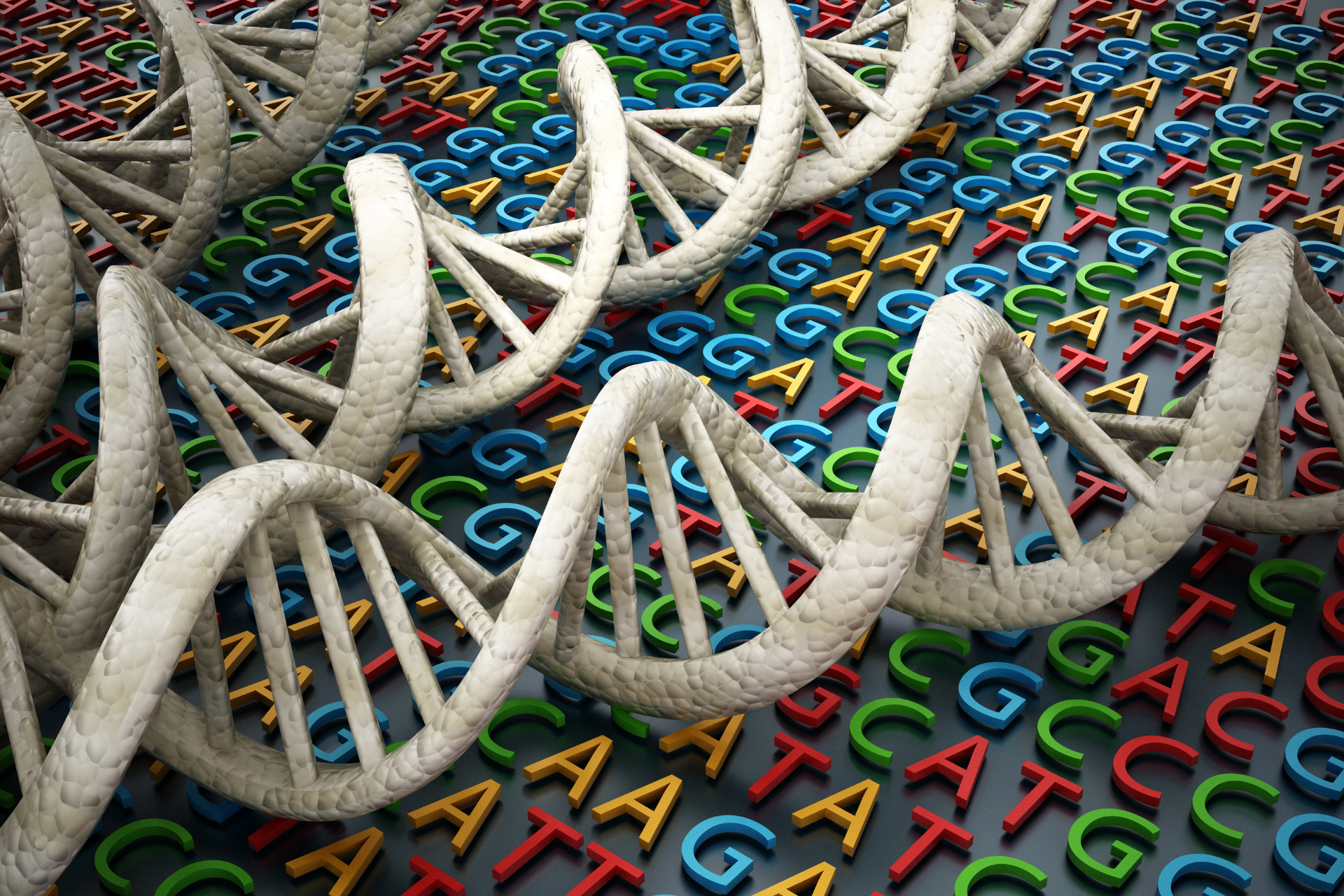There are many genetic disorders — diseases or conditions that are passed down in families. Some of them, such as cystic fibrosis , can be extremely serious. In some cases, carriers of these diseases may want children as most people do, but they may be prevented from having a family for fear of passing along a debilitating disease. Faced with the risk, they may decide that they can’t have children. Fortunately, adopting for genetic reasons allows people in this position to have families without the risk.
Genetic diseases
Children receive 50% of each parent’s DNA. Parents usually pass along completely different DNA, so that a child receives a mix of genes. Some, like having brown eyes, are dominant genes — a child who receives a blue-eye gene and a brown-eye gene will usually have brown eyes. Blue eyes are recessive. A child will only have blue eyes if she receives two blue-eye genes.
So we can usually expect that brown-eyed parents will have brown-eyed children and blue-eyed parents will have blue-eyed children.
Not always, though. A brown-eyed person might actually have one brown-eye gene and one blue-eye gene. Suppose that two brown-eyed people, each with one blue-eye gene, have a baby. it is possible that each of them will pass on a blue-eye gene. Then they will have a blue-eyed child.
Since blue eyes only show up for people who have two blue-eye genes and no brown-eye genes, it is pretty well impossible for two blue-eyed parents to have a brown-eyed child, but blue-eye genes can be passed down for generations without showing up in a blue-eyed child, as long as the children all receive one blue-eye and one brown-eye gene.
Genetic diseases can work out the same way. Sometimes they show up in recessive genes. Unless the child happens to receive two genes for the disease, they won’t have the condition. But some disorders, like Huntington’s Disease, show up in dominant genes, and it is very likely that the child will have the disease.
No guarantees
There is no way to predict the genetic predispositions of any child, whether the child is adopted or stays with the birth parents. Many genetic disorders are not expressed until the child grows up. Adoption does not guarantee that your child will not have any genetic disorders. However, if you know that you carry a debilitating condition, adoption makes it certain that you will not pass on that condition to a child.
A choice between the risk of passing along a condition that you now will cause suffering and accepting a childless life can be very hard. Fortunately, those are not the only choices. Adopting for genetic reasons is another choice. The brave and loving choice of the birth mother to give her child a better start in life, combined with your bold choice to grow your family through adoption can result in a healthy life for your child. It can even mean the end of this disorder in your family going forward.
Everyone’s adoption journey is different
There are so many reasons that people choose to adopt, and so many twists and turns along the way to a successful adoption, that you need an experienced, expert adoption lawyer in your corner. At Heimer Law, we’ve worked with so many families that we are prepared for many different eventualities. When you’re adopting for genetic reasons, you’ll go through the same process as other adoptive parents, but you may have special needs or questions. Let us help you.
Inquiry Form
